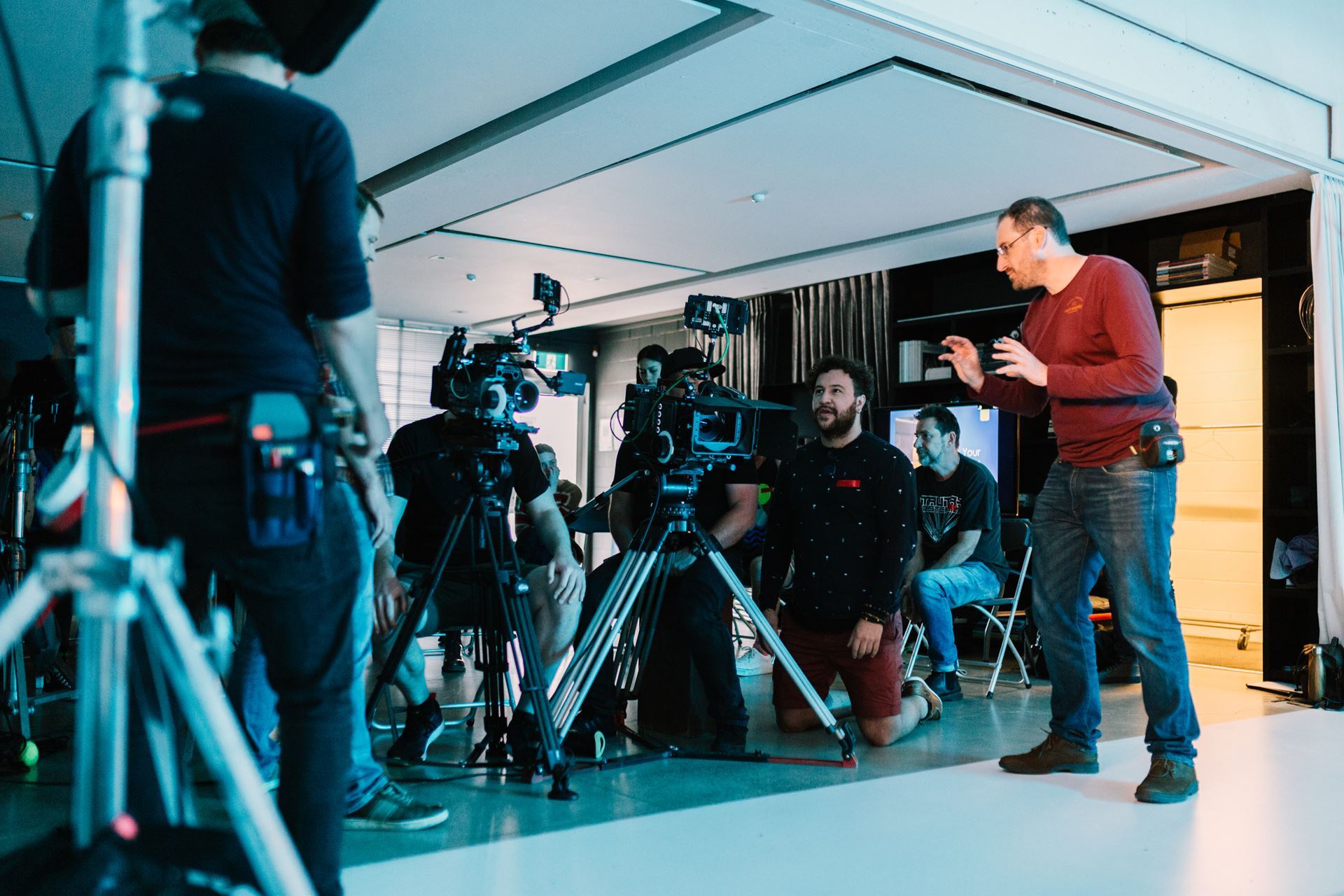 Christchurch hosted its second camera workshop in 2020 with a full-day Camera Assists workshop. Taught by accomplished 1st AC Michael Paletta, it was sold out within 48 hours and demonstrated the demand for hands-on concentrated learning, without the pressures of an on set environment.
Christchurch hosted its second camera workshop in 2020 with a full-day Camera Assists workshop. Taught by accomplished 1st AC Michael Paletta, it was sold out within 48 hours and demonstrated the demand for hands-on concentrated learning, without the pressures of an on set environment.
Paletta moved here from LA in 2017 and said he wanted to give back to the NZ film industry for 'adopting' him. "It's been a real struggle to find ACs with all the work going on right now, and I wanted to do what I could to help deepen our talent roster."
"We approached the workshop from the perspective of, "what are all the things we wished someone had told us before we started in the industry?" So we covered all the basics like how the camera department is structured and functions, how to network, and perhaps most importantly, set etiquette. Then we dove deep into the fundamentals of being an AC. We covered the essentials that need to have in their kit, how to prep a camera package, slating, camera sheets, and gave everyone a crack at pulling focus."
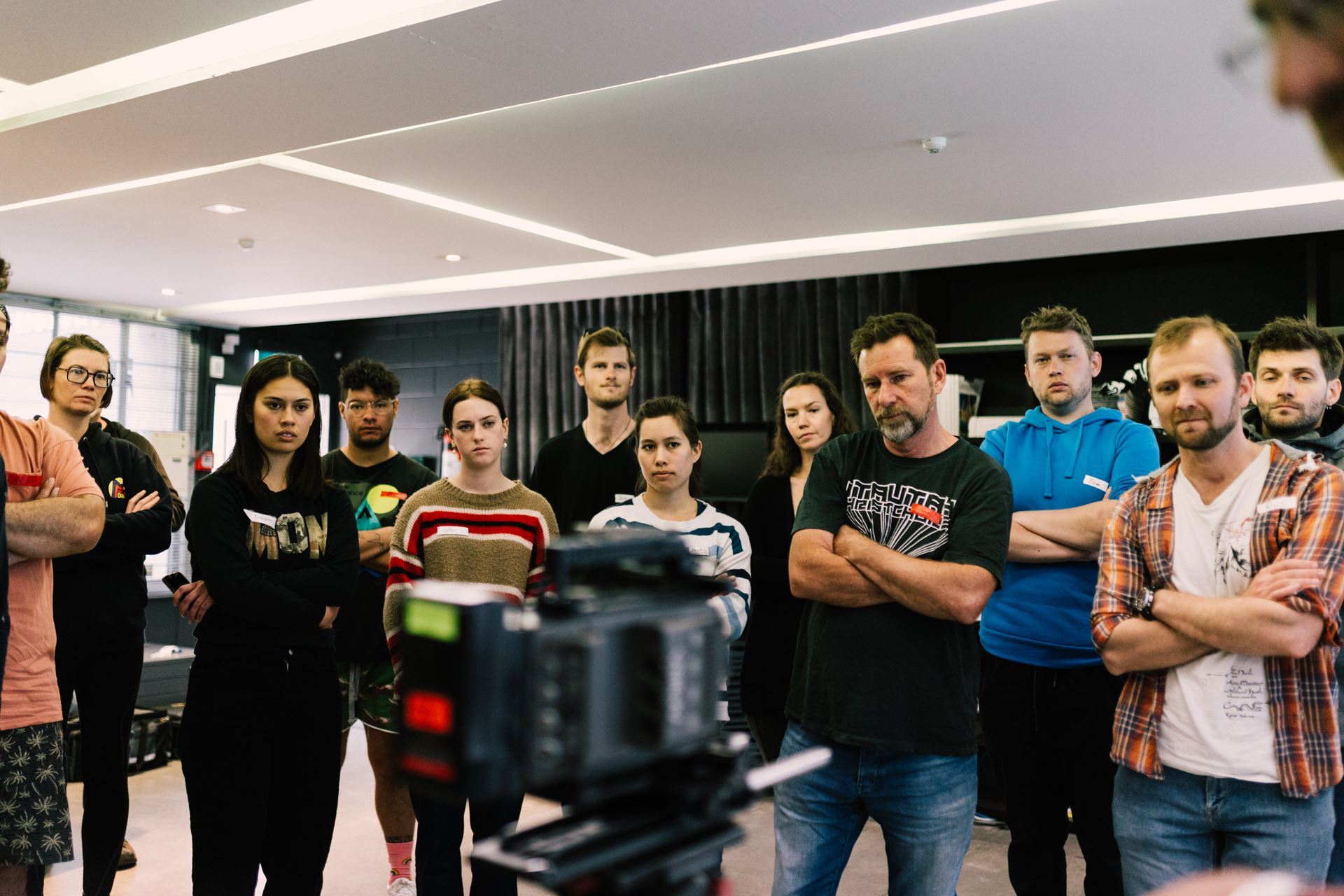
The workshop was attended by a full range of experience levels, from students to full-time DoPs looking to brush up on knowledge. Caitlin Paul, who is looking to study filmmaking at South Seas next year, found the workshop catered to all experience levels. "Everything was taught in a way which didn't exclude those of us who were less experienced, but was not wasted on those who were experienced." Also among the attendees were sisters Charlotte and Peata Panoho, who traveled down from Blenheim to attend. Charlotte says the workshop helped them fill in the gaps that can often be difficult to grasp when trying to learn in a high-pressure environment. "Communication skills and etiquette that you learn on the job but no one explains beforehand."
"It was good to network and see how other people - who do the same thing - do it differently and tips and tricks that I'd not thought of," says Anna Florence, who was looking to perfect her skills as an AC to form a more cohesive team with her DoP.
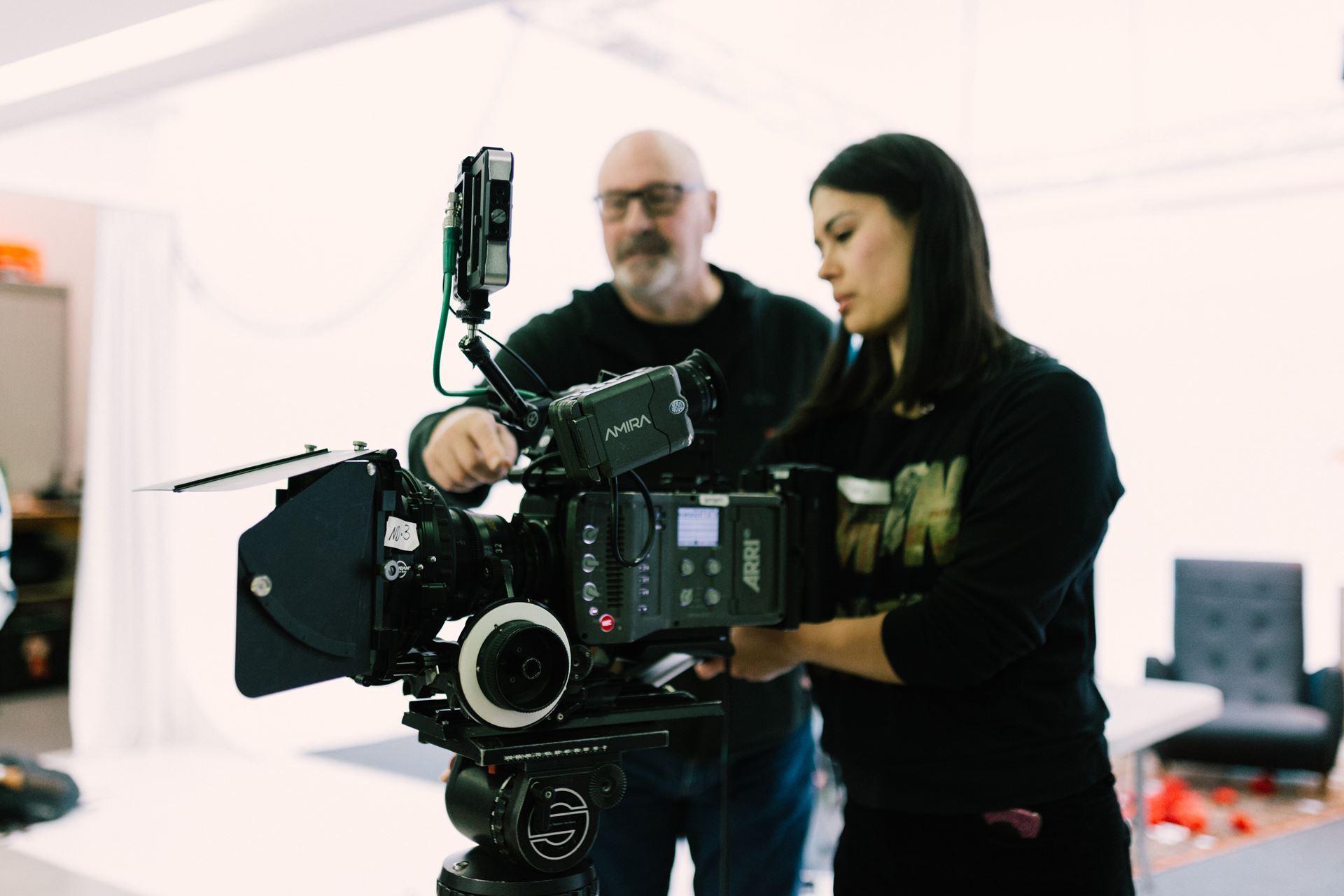 John Chrisstoffels (L) with ARRI Amira, and Charlotte Pãnoho (R)
John Chrisstoffels (L) with ARRI Amira, and Charlotte Pãnoho (R)
Auckland-based DoP Kirk Pflaum helped operate a camera during the workshop, and he hoped that it would help attendees discover "a role with skills and opportunities they might not have known even existed and that AC'ing is a viable career or pathway to being a cinematographer themselves one day." That's a path taken by many, including NZCS President Aaron Morton NZCS who started on 'very' small commercials and short films, slowly getting to know people and learning those important skills he still uses today. "So many of the core skills we need to learn as film technicians are transferable to any level of production."
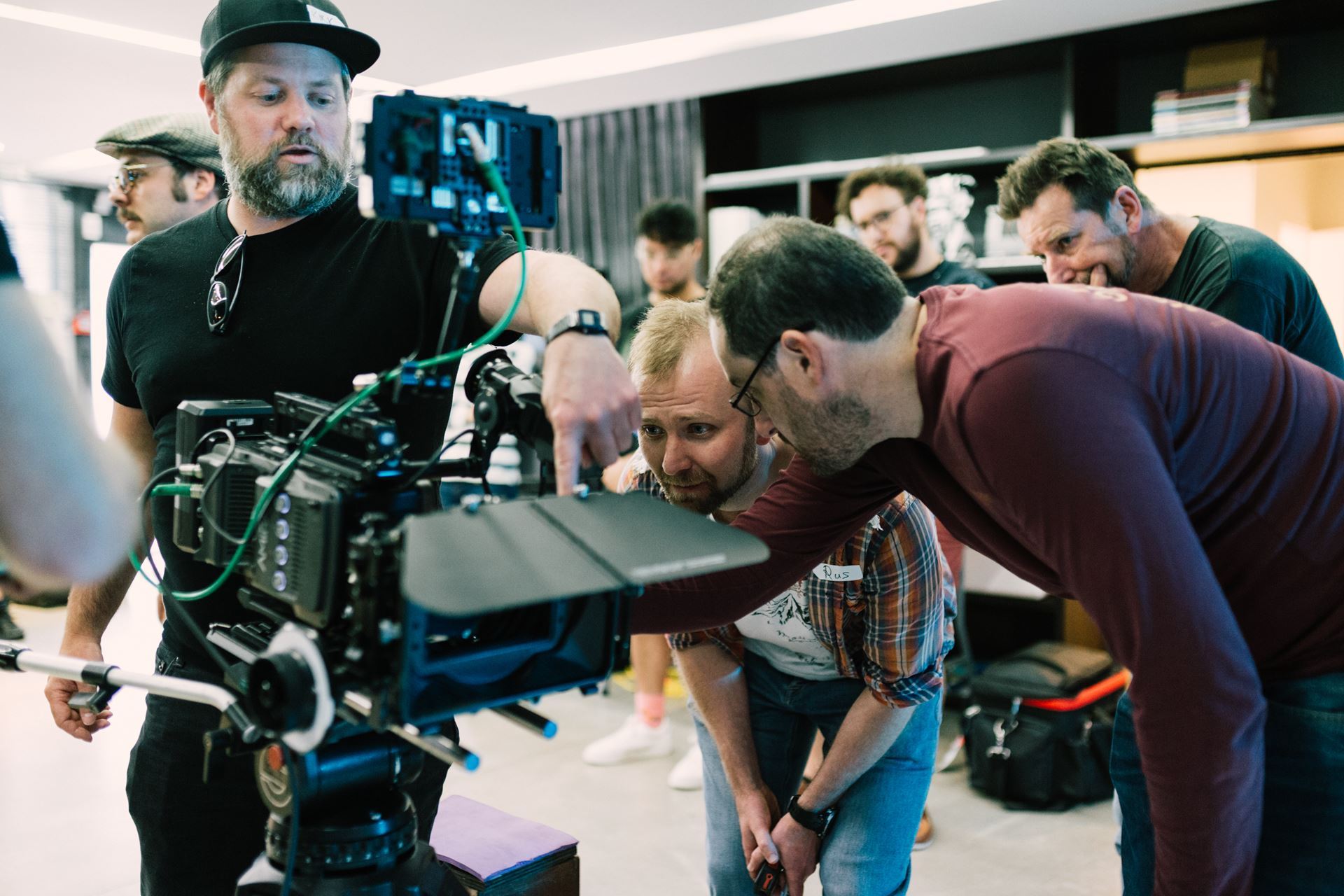 Kirk Pflaum (L), course attendee (M), and Michael Paletta (R)
Kirk Pflaum (L), course attendee (M), and Michael Paletta (R)
The changes in the industry due to COVID-19 have placed New Zealand in a unique position as an ideal safe environment to shoot. Morton suggests the eyes of the production world are looking to NZ as a place to shift production to, placing a need for large numbers of crew ready to go. "Right now there is a huge demand for crew, across many levels of production. We are becoming a very popular place to shoot given the precarious nature of the shooting environments offshore."
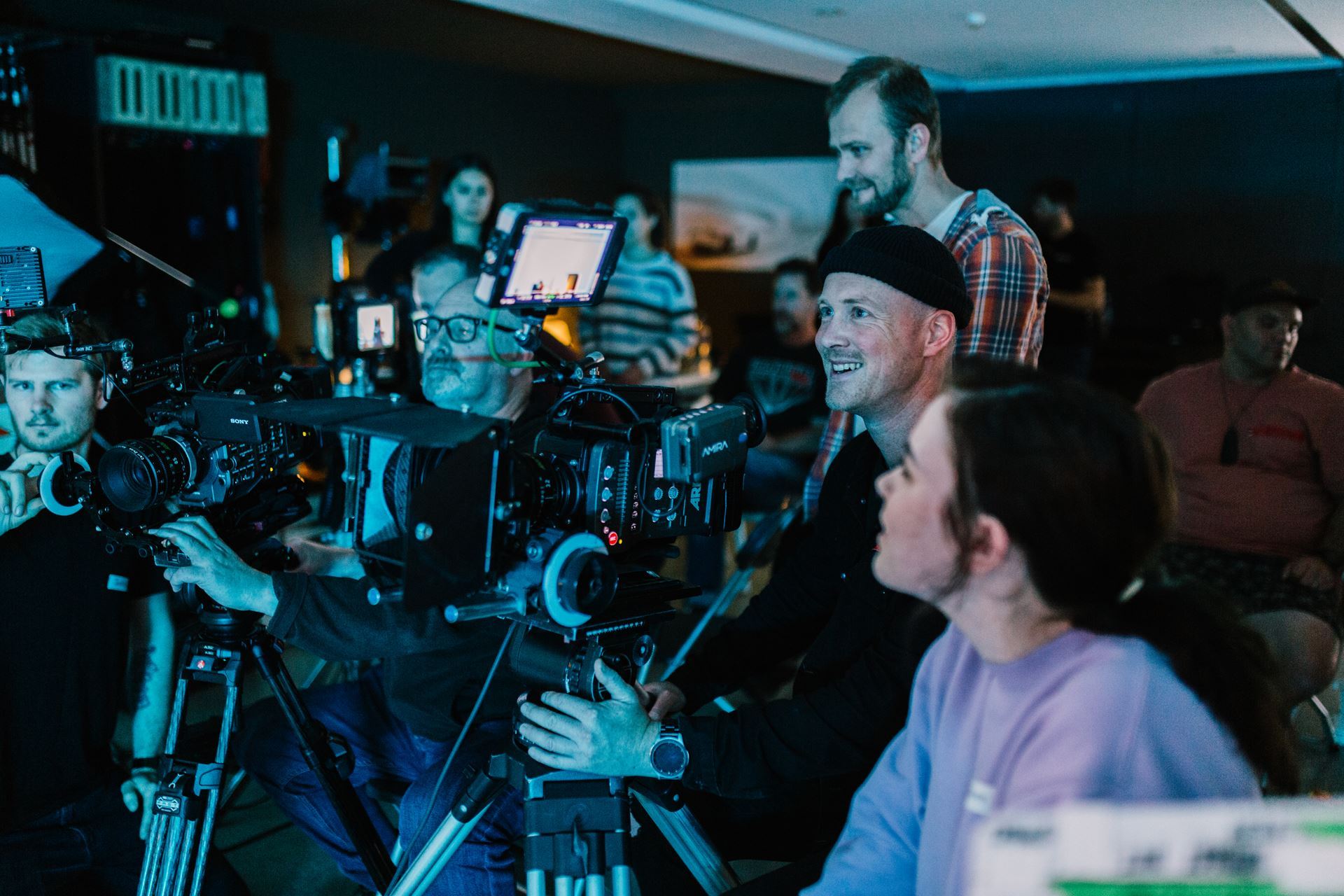 John Chrisstoffels (L) and John Ross (R) operate cameras for the course participants
John Chrisstoffels (L) and John Ross (R) operate cameras for the course participants
With the expected increase in productions, there has never been a more important time for proper training, to grow the film industry at all levels. "Any and all training opportunities in the AC role, whether grassroots, on the job, or at a formal education provider is important to maintain a good level of skilled crew to sustain a growing industry in NZ." Says Pflaum.
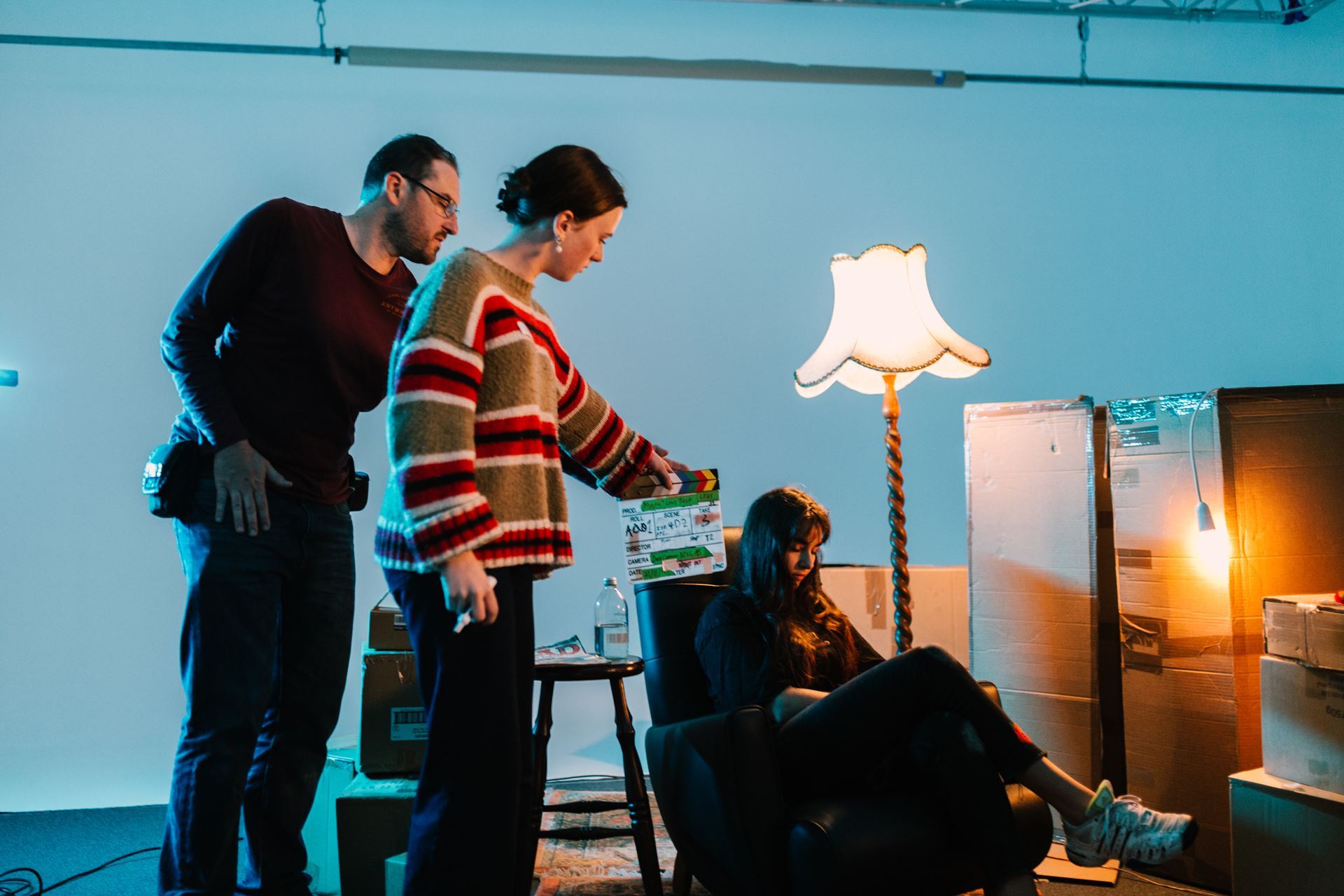
Following on from the success of the Christchurch workshop, plans are being worked on to share knowledge across the country to foster industry development from the ground up. NZCS President Aaron Morton says "The NZCS is here to support the art of Cinematography, training people to be awesome, to enjoy, and to elevate the art form, is why we're here."
~ Written by John Ross ~
~ Stills photo credit go to: Andrei Talili ~

